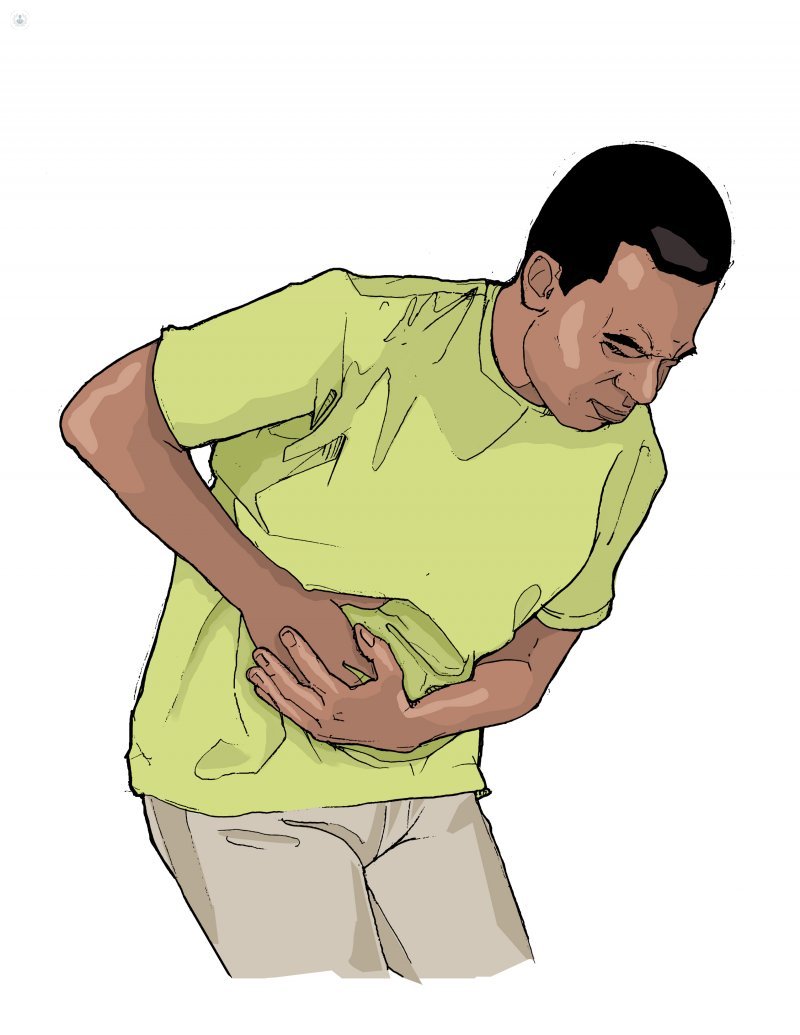Frequently asked questions about constipation
Written by:Constipation is a common problem that many patients suffer daily for years. In other words, often constipation is a chronic problem. But if patients and there are many what is the reason why so few doctors make their case?
The concept of health that doctors have had for many years was to save life, or relieve severe suffering to a patient; It was a heroic act both by doctors and by patients themselves. Today the concept of health has changed: now people and the World Health Organization (WHO), including health concepts such as the welfare and quality of life.
 What is constipation?
What is constipation?
Constipation is a symptom, manifestation opinion of a state of malaise: while for some indicates difficulty in evacuating stool, stool small volume or very hard consistency, or pain during defecation, for others it means infrequent evacuation or sensation of incomplete evacuation.
What do you understand the doctor for constipation?
For specialists in Gastroenterology, the criteria for diagnosing constipation is the frequency of evacuations: in general is normal to have between three and twenty stools per week. Thus, a patient is diagnosed when constipation takes less than three bowel movements per week.
What the patient understands constipation?
For the patient is not only important stool frequency, but also other aspects such as stool consistency, straining during defecation, feeling that the evacuation has not been complete, anal defecation discomfort, and other symptoms such as bloating or abdominal discomfort.
The physician should recognize everything so the patient complains, as objective and more subjective, to provide comprehensive help and get improve their quality of life.
Is it normal to have constipation?
Constipation is one of the most common chronic digestive disorders. Taking into account only the frequency of bowel movements per week, its incidence is approximately 5% of the population, and considering the difficulty constipation or straining at stool, the incidence reaches 20-30%, ie that one of every 4 or 5 people have constipation.
As for sex during childhood it is more common in boys than girls, but in adulthood affects more women than men in an approximate ratio of 3 women for every man. In the elderly, over sixty-five years, the frequency increases in both sexes.
What are the consequences of chronic constipation?
In most cases constipation is not a serious process; although it can be very annoying. Complications are rare and occur only in patients with very severe constipation.
Among the most frequent complications of constipation are the development of hemorrhoids and anal fissures: hemorrhoids appear overexertion during the act of defecation, which produces a dilation of the veins of the anus; to anal fissures also it contributes passing hard stool through the anus, which favors the appearance and chronicity of the wound.
The appearance of diverticula in the colon is another possible complication of constipation. Diverticula are small dilations that appear on the walls of the colon and are caused by increased pressure inside the intestine unable to expel the stool. Although many people have diverticula, very few are inflamed or bleeding.
One aspect that worries many patients with constipation is the possibility that they develop colon cancer. But there is no data to confirm this possibility. Constipation, by itself, does not favor the appearance of cancer.
It also bothers patients what may happen to be retained in the intestine substances. For years there was talk that the retention of feces in the colon was harmful because toxic substances are absorbed but there is no scientific evidence to support. The persistence of stool in the colon is not good, but it is not harmful.
Therefore, constipation in most cases is not a serious disease. It can be very annoying but not serious. The patient should see a urologist because it has to be measured, controlled and treated, but without panic.


